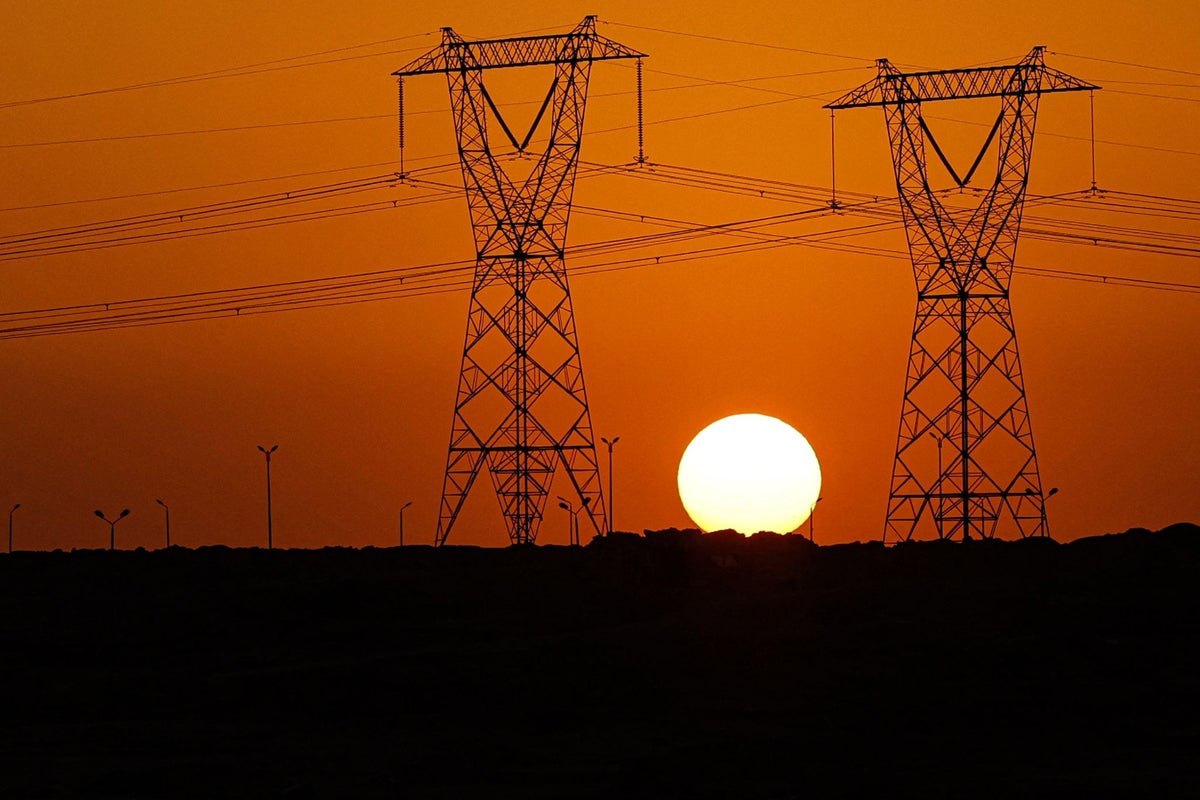
Swinney’s Gaza Spotlight as Scottish Patients Remain Waiting

Criticism of Government Spending and Leadership
A recent discourse surrounding the actions of First Minister John Swinney has sparked considerable debate. It has come to light that he has allocated a substantial £550,000 of taxpayer funds to charitable organisations purportedly aiding Gaza. In addition, he has expressed his willingness to facilitate the transfer of Palestinians to receive treatment within Scotland’s esteemed National Health Service (NHS). This raises a critical question: Is this the same John Swinney who consistently acknowledges, during First Minister’s Questions, that Scotland’s health service is failing its citizens? The NHS is currently plagued by long waiting lists, patients resorting to private treatment, and even reports from health ministers indicating that individuals are dying prematurely due to these systemic failures.
While empathising with the suffering of Gaza’s population is a human instinct, one must consider that the situation could be ameliorated if Hamas were to return hostages and halt its aggression towards Israel. Instead, Swinney appears to assign blame for the ongoing conflict primarily to Israel, which raises concerns about the selective memory displayed regarding the complexities of this crisis.
Moreover, it is crucial to remember that Gaza is bordered by numerous Arab nations such as Egypt, Saudi Arabia, Lebanon, and Jordan, all of which possess excellent healthcare systems. In these countries, patients do not endure the staggering 78-week waits that have become all too common in Scotland, nor do they struggle to secure timely appointments with general practitioners. Thus, it begs the question: Should Mr Swinney not redirect his focus and resources towards addressing the pressing health issues within Scotland, rather than engaging in international grandstanding?
Concerns Over ID Card Systems
The topic of identity cards has resurfaced in public discussion, with some advocating for their implementation as a solution to curb illegal immigration in the UK. However, critics argue that the existence of ID cards in countries such as France has not eradicated the issue of illegal immigrants, as they continue to enter the UK from there.
In the UK, individuals can present a passport or a driving licence as proof of identity, both of which provide essential personal details such as name, date of birth, and address. There are currently 42.1 million driving licence holders in Britain, predominantly within the working-age demographic. This raises a pertinent point: if identification is to be enforced, why not target those who may pose a higher risk to society, rather than the general populace?
The Wind Energy Debate
The proposal for floating wind farm platforms has garnered support, particularly as a means to protect Scotland’s natural beauty and marine environment. However, there are pressing concerns regarding the rapid expansion of wind energy projects. With the Scottish Government pushing for wind farms at an unprecedented rate, many fear the long-term environmental impact and the economic sustainability of such ventures.
Historically, the SNP’s decision to replace oil and gas with wind energy has overlooked a significant flaw: once established, wind farms require minimal manpower, meaning that continual construction is necessary to sustain employment within the industry. This raises questions about the overall benefits of such projects when weighed against the potential for ecological disruption.
Transport and Infrastructure
Inverclyde Labour MP Martin McCluskey has called on SNP Transport Secretary Fiona Hyslop to award ferry contracts to Ferguson Marine without initiating a competitive tendering process. This has prompted scrutiny over the management capabilities of Ferguson Marine, drawing parallels to the controversial situation at Dundee University. Critics suggest that the Scottish Government’s interference in commercial operations has consistently led to inefficiencies and failures, underscoring the need for a more hands-off approach.
Reflections on Global Conflicts
An editorial has recently highlighted President Donald Trump’s assertion that Ukraine instigated its conflict, suggesting that this interpretation overlooks the complex history of the region. The war’s roots trace back to 2014 when military actions were initiated against Russian-speaking provinces. This historical context is vital for understanding the current dynamics and the challenges facing Ukraine as it seeks to assert its sovereignty.
Final Thoughts
The landscape of Scottish politics is rife with pressing issues that demand attention—from healthcare and immigration to renewable energy and transport. The ongoing dialogue reflects a society grappling with the implications of leadership decisions and their consequences for both the local populace and the international community. It is imperative that those in power prioritise the needs of their constituents while navigating the intricacies of global affairs.








